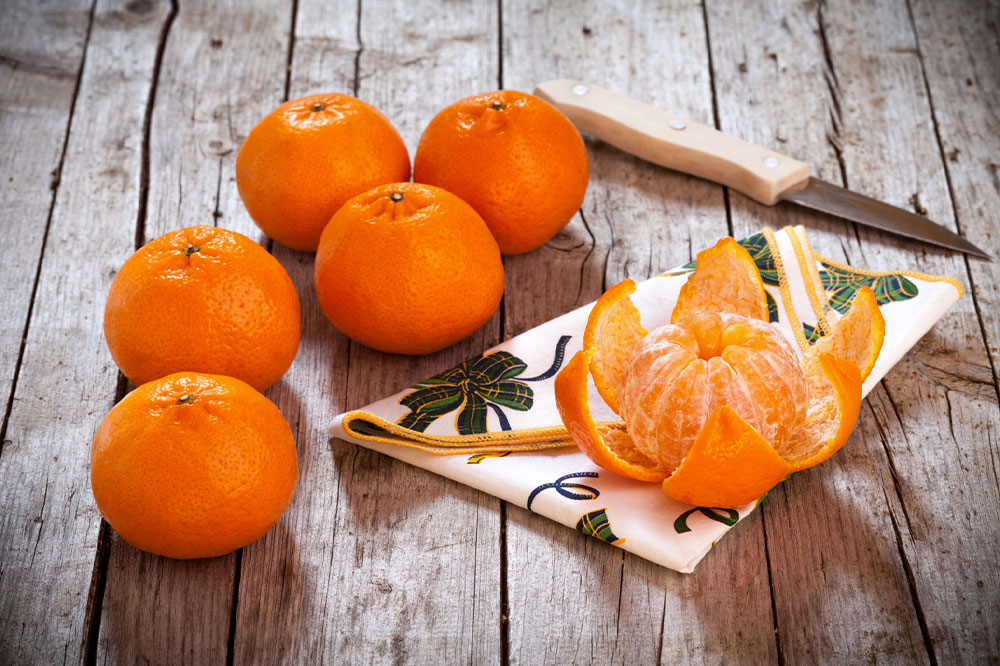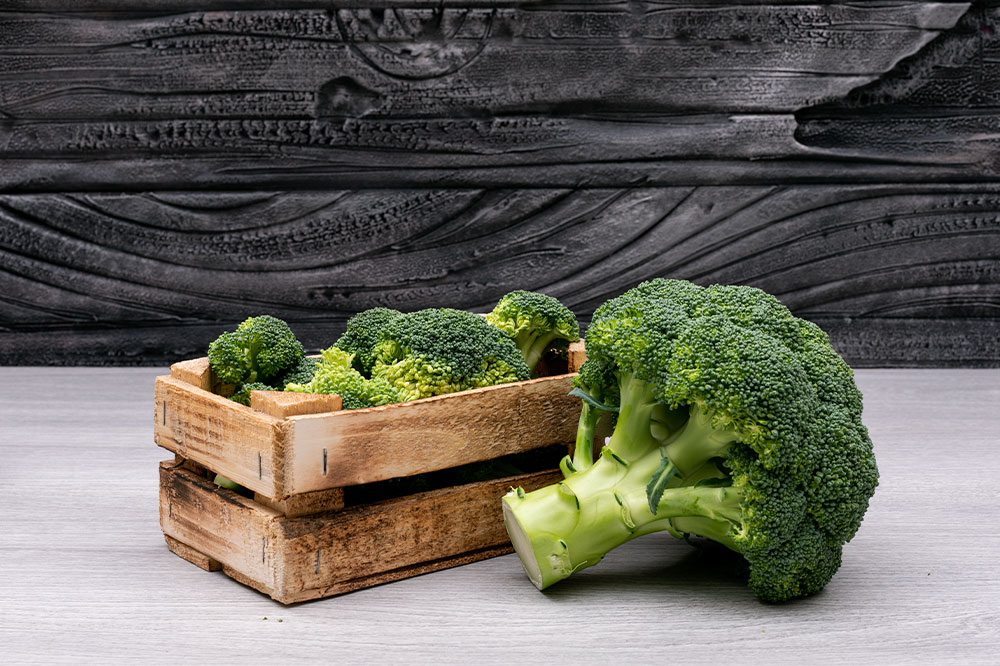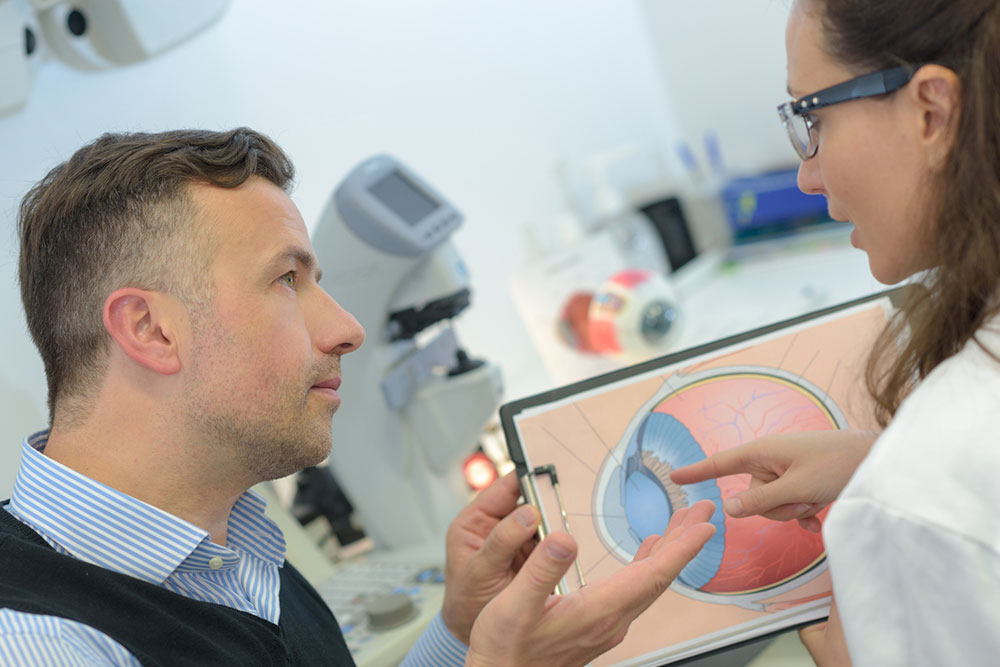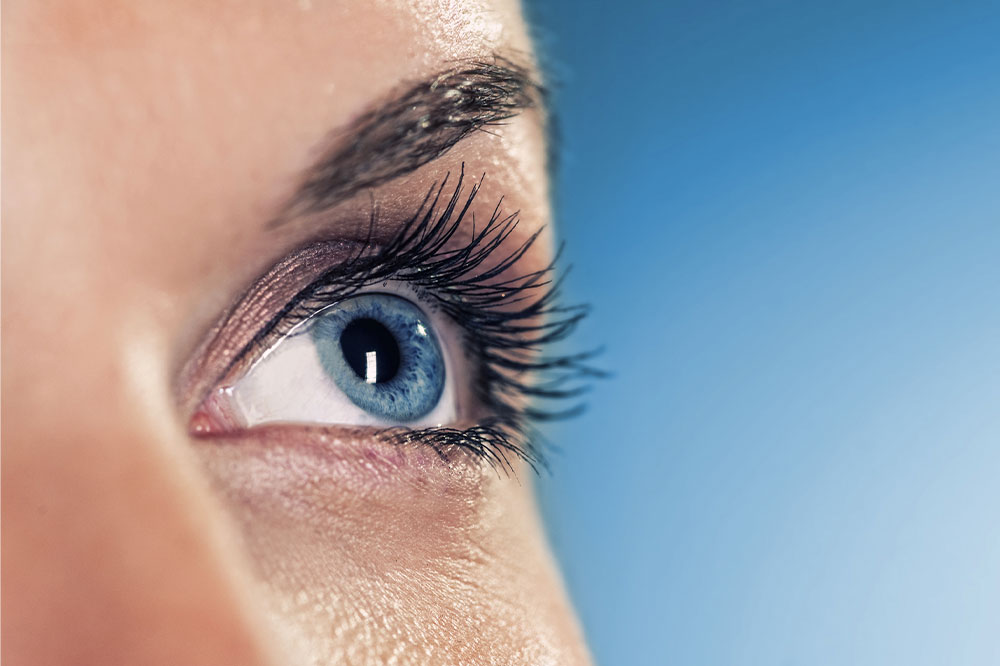Best and worst foods for age-related macular degeneration

Age-related macular degeneration is an eye disease that affects the macula, a part of the retina at the back of the eye. The disease becomes worse over time and leads to blindness. While foods cannot correct macular degeneration-related vision changes, certain foods can help slow vision loss and maintain eye health. Similarly, certain foods are bad for eye health. Some of the foods to eat and avoid are as follows:
Foods to eat
Here are some of the best foods one can eat to combat macular degeneration:
- Salmon
This fatty fish is high in two types of omega-3 fatty acids: EPA and DHA. These fats help fight inflammation, which is thought to play a role in the disease. In addition, they can also help reduce bad cholesterol levels, which are associated with the development of this eye condition. Besides salmon, sardines, mackerel, herring, and tuna, are also high in omega-3s. - Spinach
Among other beneficial nutrients, spinach contains plenty of carotenoids, especially lutein and zeaxanthin. These carotenoids are also found in the macula, where they help protect the cells necessary for vision. A great way to boost the number of carotenoids in the eyes is to load up on spinach and other leafy greens like kale, collard greens, and broccoli.







